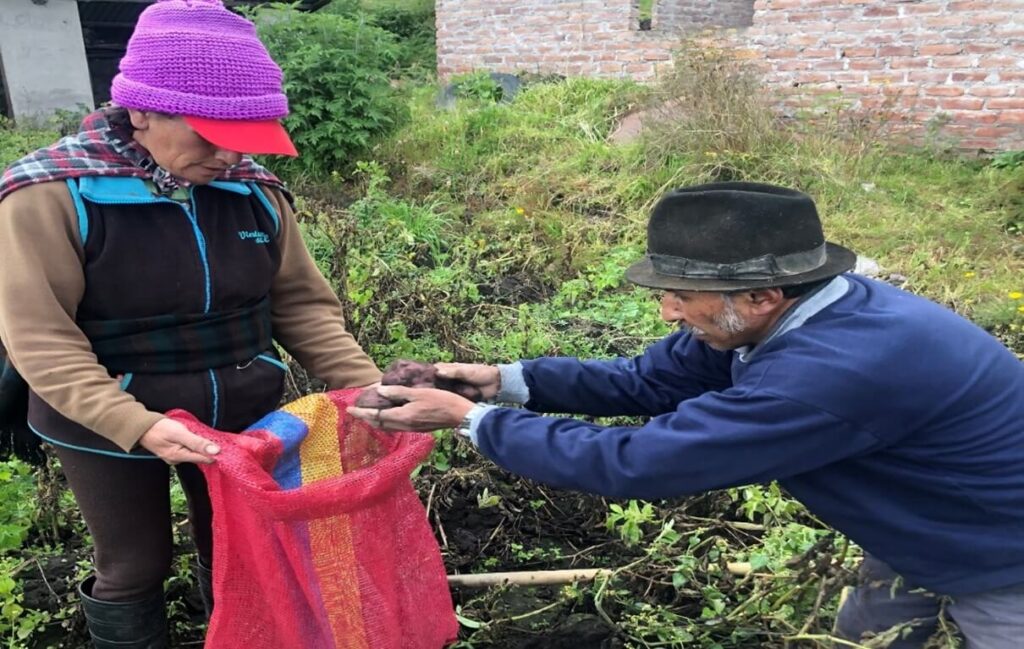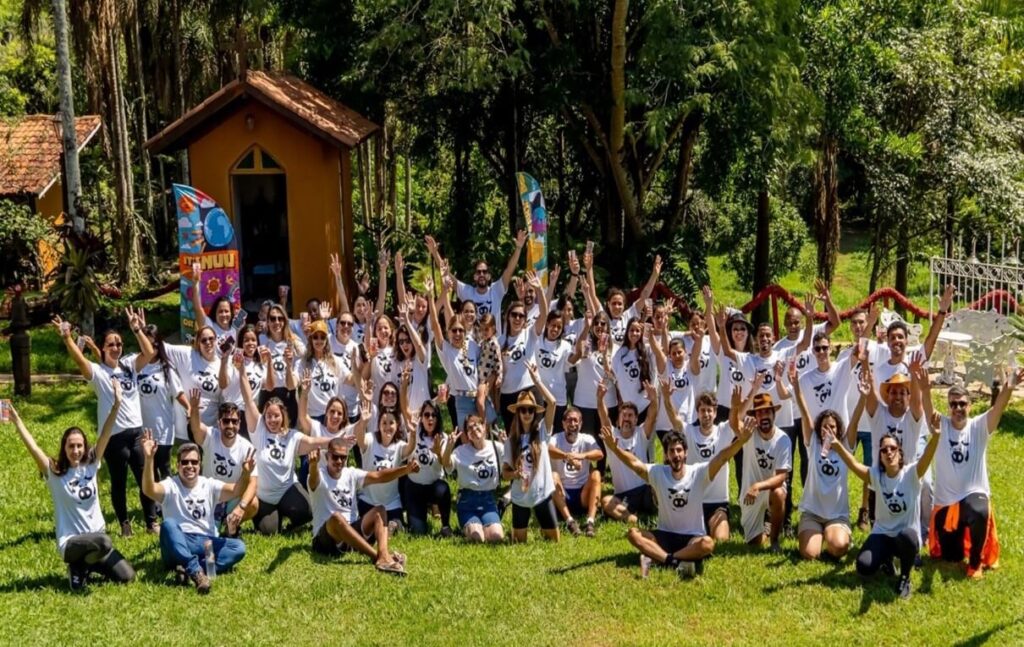As the planet’s most biodiverse region, Latin America is home to an estimated 60% of all known terrestrial and marine species, along with countless others yet to be discovered. However, it also faces significant environmental degradation and species extinction risks. For 25 years, EcoEnterprises Fund has been a pioneer in impact investing, building innovative portfolios that showcase small and growing nature-based solutions across the Amazon, Andes, and Mesoamerica. We focus on transformative change, with portfolio companies that conserve biodiversity and bolster climate change resilience for local communities.
This photo series highlights our investment in nature-positive businesses, featuring images from our portfolio companies committed to environmental sustainability, community empowerment, social equity, and impactful solutions for a better planet.
From Açaí to Conservation
The Amazon, the world’s second longest river, winds over 4,000 miles from its source in the Peruvian Andes to the Brazilian coast. Despite its crucial role in regulating the global climate, the region faces threats from deforestation due to settlement expansion and agricultural, ranching, logging, and mining activities. Sambazon, an EcoEnterprises Fund investment spanning two decades, exemplifies a commitment to Amazon preservation. The company integrates its mission into its brand. This approach not only helps protect the rainforest by assigning it intrinsic value, but also provides reliable income for local communities, encouraging sustainable harvesting of açaí berries.

To further its environmental conservation efforts, Sambazon conducted a biodiversity study to monitor the impact of its activities on native species and habitats. The study, performed by an independent research team, confirmed that Sambazon’s certified açaí best management practices are effective in preserving natural habitats, maintaining forest structure, and supporting ecosystem services amidst climate change challenges.
Regenerative Agriculture as a Path to Climate Resilience
Throughout Latin America, unsustainable practices often push farmers to expand the agricultural frontier and intensify their operations. This leads to increased soil erosion and decreased soil fertility, creating a negative feedback loop that results in further deforestation, environmental degradation, and heightened climate vulnerability. EcoEnterprises Fund’s portfolio companies collaborate with smallholder farmers to support biological corridors in buffer zones of intact forest ecosystems and national parks. We specifically invest in regenerative agricultural companies that work with farmers to restore ecological health and enhance resilience to environmental challenges.

One such portfolio company, Kiwa Natural Life, demonstrates that regenerative agriculture can be a powerful tool for climate action. Kiwa works with local research institutes to revive rare species like native Andean potatoes and white carrots, thus preserving biodiversity and enhancing climate resilience. The company has established agricultural centers to test and implement best-in-class practices, including the replacement of chemical fertilizers and pesticides with bio-inputs, the creation of agroforestry models, and the adoption of conservation tillage practices. Through these efforts, Kiwa demonstrates the effectiveness of tailored techniques for different crops and scales these methods to other smallholder farmers. This approach boosts profits and improves the quality of raw materials while regenerating the land for future production.
The Vital Role of Women in Advancing a Nature-Positive Economy
Women play a crucial role in sectors essential for transitioning to a nature-positive economy, such as agriculture and forestry. In many rural communities, women are the backbone of social cohesion and are primarily responsible for safeguarding natural resources.
Over the years, EcoEnterprises Fund has observed an increasing number of women independently managing their families’ farms and taking on leadership roles in community decision-making processes. As a women-owned and led investment manager, we are particularly focused on the engagement and influence of women within the Fund’s portfolio, recognizing them as entrepreneurs, stakeholders, and leaders.

An exemplary case is our portfolio company NUU, which is at the forefront of women’s empowerment and gender equity in regenerative food. With a female founder, 54% women ownership, an all-female executive leadership team, 60% women on the board of directors, and 70% female employees, NUU demonstrates the significant impact of women in driving sustainable practices and fostering gender equity.
